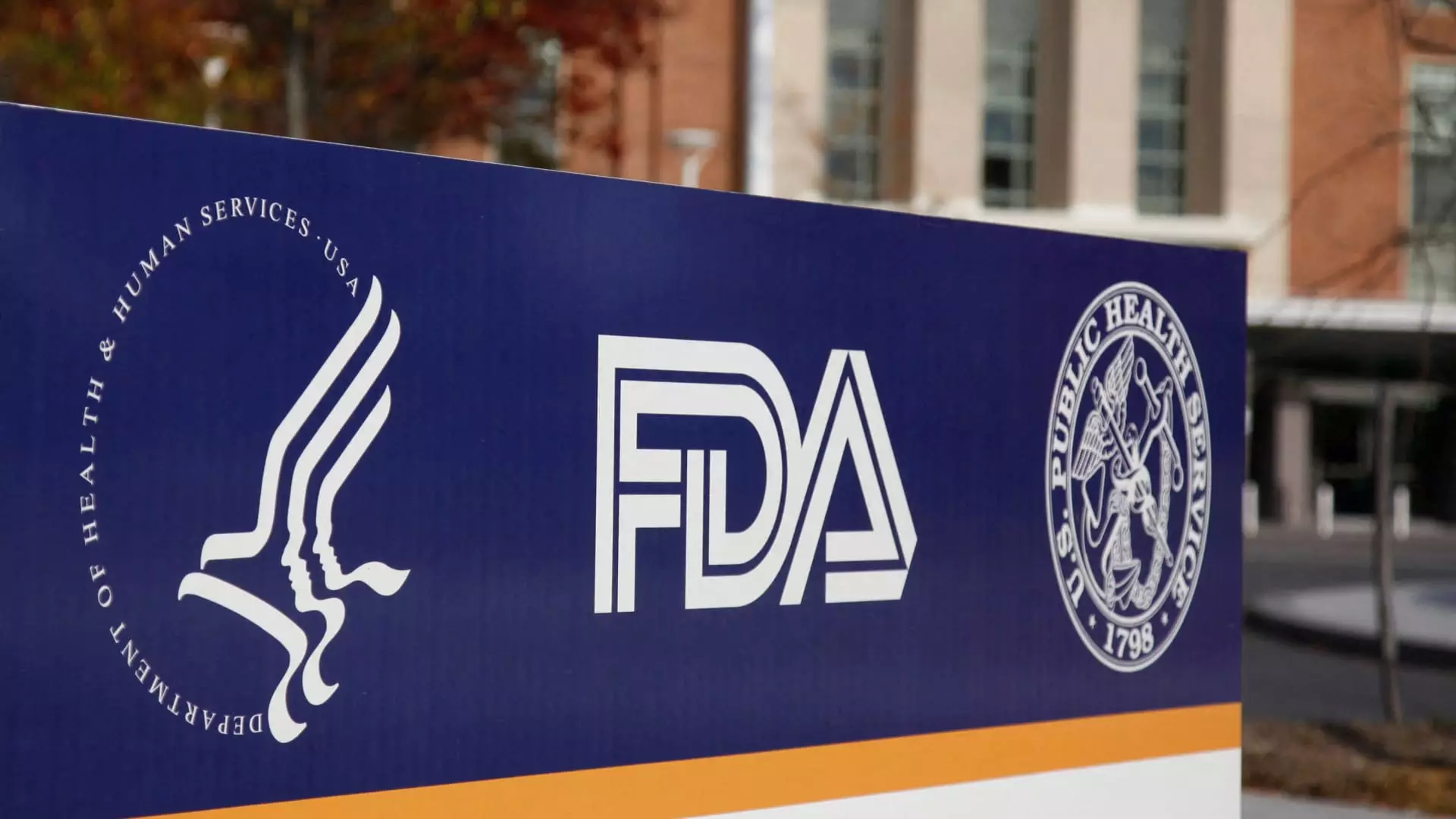In a drastic move by the current administration under Robert F. Kennedy Jr., the Department of Health and Human Services (HHS) has laid off an entire division dedicated to the training and professional development of health care personnel. The Division of Learning and Organizational Development (DLOD) has been essentially gutted, shedding more than 30 employees who were fundamental in providing educational resources and training to improve public health practices across a multitude of professions including medicine, pharmacy, and nursing. This episode exemplifies an alarming trend in governmental policy where the workforce aimed at enhancing public health effectiveness is sacrificed on the altar of cost-cutting.
The decision to execute these layoffs and restructures raises grave concerns about the priorities of HHS and its overall commitment to public health. An organization responsible for ensuring the safety and efficacy of medical practices and pharmaceuticals should invest in its learning and development capabilities, not dismantle them. The removal of DLOD signifies more than just job loss; it symbolizes a dangerous neglect of the continual education necessary for health-care professionals to keep pace with evolving medical science and emerging health threats.
The Unraveling of Public Health Training
By canceling crucial training programs and ceasing to award continuing education credits, the administration is posing a serious threat to the professional development of health-care workers nationwide. Continuing education is not merely a bureaucratic box to check; it is essential in keeping healthcare professionals informed about advancements in treatment protocols, drug safety, and novel disease outbreaks, such as the recent flares of bird flu and their implications for human health.
The DLOD played a pivotal role in ensuring that healthcare providers were not just skilled in their practice but also educated on hazards like opioid misuse and other pressing health issues. By gunning down this division, HHS is sending a message that professional development is optional—a starkly misguided notion that could have lingering ramifications on healthcare delivery and patient safety.
The Troubling Justification Behind Cutbacks
The administration has justified these cuts under an umbrella of “streamlining operations,” yet the rationale remains flimsy at best. The FDA’s role encompasses crucial regulatory oversight; thus, targeting sectors that bolster its backbone—such as DLOD—only undercuts its effectiveness. Credible reports suggest that the priority has shifted to eliminating roles deemed “unnecessary,” particularly among those involved in public health protection while ignoring the long-term implications of such decisions.
HHS officials claim that the cuts will not impact front-line inspectors or analysts directly involved in regulatory reviews. However, the reality is that the systemic removal of training and educational resources weakens the entire framework of professional healthcare. In essence, while some roles may survive the axe, the integral support systems that empower those roles are being systematically dismantled.
The Dangers of Self-Reliance in Education
With the closure of DLOD, healthcare professionals are now left to navigate their own education pathways, a notion that is fraught with complexities and risks. This shift places an unreasonable burden on individuals who must now sift through a myriad of unregulated courses and programs, often lacking the context and rigor that standard governmental programs provide. With training decentralized and uncertain, a profound inefficiency is likely to emerge, leading to potential gaps in medical knowledge that jeopardize patient care.
One FDA employee poignantly noted that this shift incurs a “great deal of uncertainty” about professional development moving forward. The responsibility suddenly falls on individuals to source quality continuing education, which will likely lead to confusion and compromised standards—an unacceptable situation for our nation’s healthcare system.
The Broader Implications for Health and Safety
The dismantling of DLOD and the layoffs of its staff are not just numbers on a balance sheet; they are real decisions affecting real lives—those of healthcare professionals striving to protect public health and the citizens they serve. In an era marked by a rapidly evolving medical landscape, from AI integration in healthcare to novel infectious disease threats, this retrenchment is astonishingly shortsighted.
As the FDA faces pressures to streamline and cut costs, the lives of patients who depend on well-trained healthcare professionals hang in the balance. The ramifications of this policy are bound to reverberate across the country, impacting health outcomes and potentially leading to increased risk for public health crises.
This is a critical moment for the future of healthcare in America; will we prioritize a system that values education and continuous learning, or will we heed the siren call of budgetary restraint at the expense of our health? The answer to this question will shape the landscape of American healthcare for years to come.

